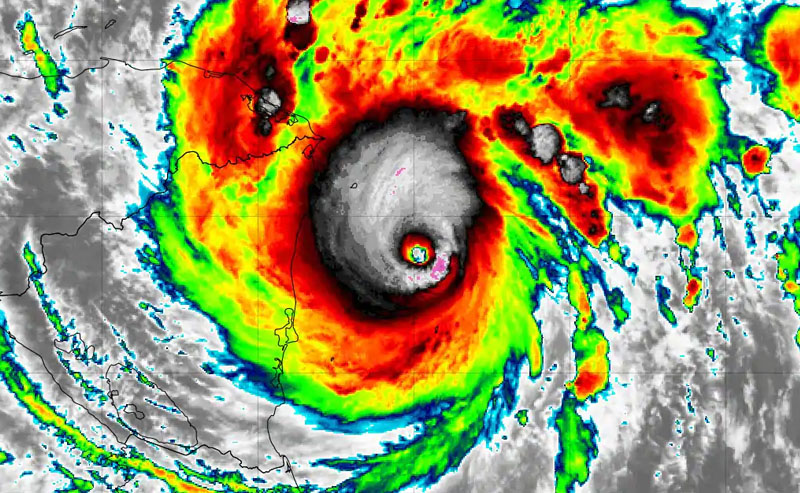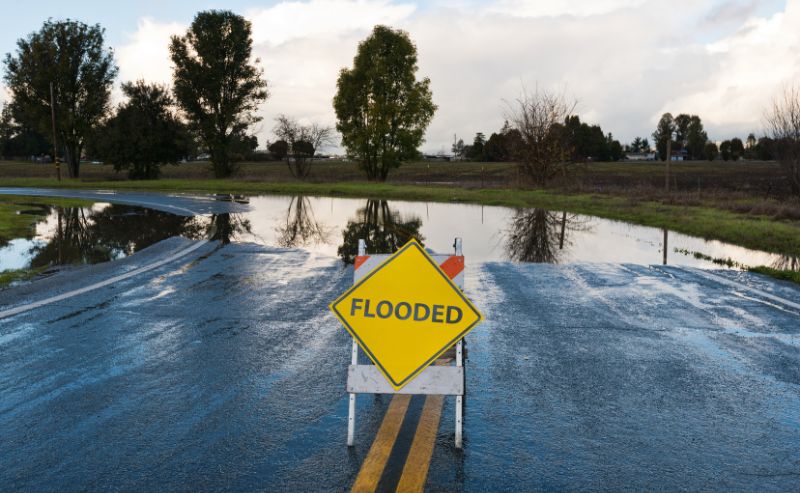Just a few days ago, we were wishfully thinking that erratic Hurricane Eta would be the last storm of the 2020 Atlantic Hurricane season. Unfortunately, as it turned out, she was not. There was to be a 30th named storm, a behemoth, added to the list, and she would follow close to the same path as her deadly predecessor.
The storm’s name, Hurricane Iota; and her strength, a Category 5 that weakened ever so slightly to a Category 4 (155 mph maximum sustained winds) before making landfall on Monday, November 16, 2020, in Central America.
Images from the hurricane-ravaged areas, especially Nicaragua and Honduras (both of which were hard hit by Hurricane Eta), reveal incredible devastation. Sadly, there are also several reports of loss of life, 38 as of Wednesday, November 18, 2020, and the numbers will likely increase over the coming days. Search and rescue efforts continue to be hindered by high water and the risk of dangerous mudslides.
Presently, the NWS National Hurricane Center in Miami, Florida, is keeping an eye on an area of disorganized showers and thunderstorms located over the far southwestern Caribbean Sea just off the coast of Panama. Development of this system, if any, is expected to be slow to occur while it drifts westward across the southwestern Caribbean Sea during the next several days. Regardless of tropical cyclone formation, areas of heavy rain are possible during the next several days across portions of Central America from Nicaragua southward to Colombia, potentially causing additional flooding in previously inundated areas.
The NWS National Hurricane Center is also reporting that a non-tropical area of low pressure could form between the Bahamas and Bermuda by early next week. The system could gradually develop subtropical characteristics through the middle of next week while it moves northeastward over the western Atlantic. And, that could spell trouble for portions of the U.S. (again).
So, can we now breathe a sigh of relief, or should we continue to hold it until the end of the Atlantic Hurricane season on November 30th? It’s hard to say. Given all that’s happened in 2020, a rare, off-season hurricane may not be out of the question.






